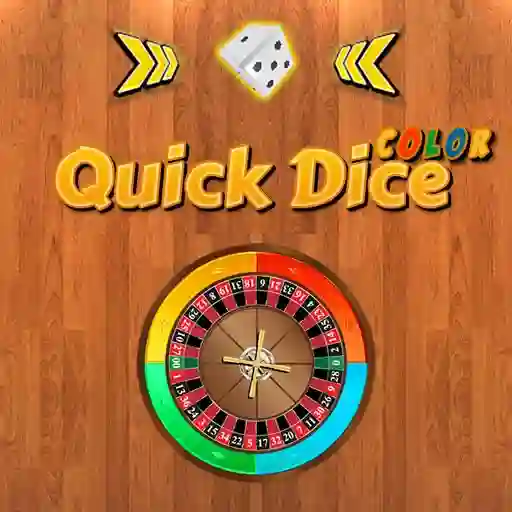







































Timing games are a category of games that require players to execute actions with precise timing to succeed. These games often test reflexes, rhythm, and the ability to anticipate events. They can be found across various genres, including rhythm games, platformers, puzzle games, and even sports games.
Key features of timing games include:
• Rhythm-based gameplay: Players must press buttons or perform actions in sync with music, animations, or visual cues.
• Timing challenges: Success often depends on milliseconds, making these games highly competitive and requiring skill mastery.
• High replayability: Attempts can be repeated to improve accuracy and achieve higher scores or faster completion times.
• Leaderboards: Many timing games incorporate leaderboards to rank players based on their performance.
To play timing games effectively, follow these steps:
What skills are most important in timing games?
The most important skills are quick reflexes and the ability to sync actions with visual or audio cues. Good hand-eye coordination is also crucial for high-level play.
Can timing games be played by casual gamers?
Yes, timing games can be enjoyed by casual gamers, though they may find some sections challenging. Many games offer tutorials or lower-difficulty modes to help new players learn the mechanics.
How can I improve my timing in these games?
To improve, practice regularly, use the game's built-in training modes, and record your gameplay to analyze and correct mistakes.